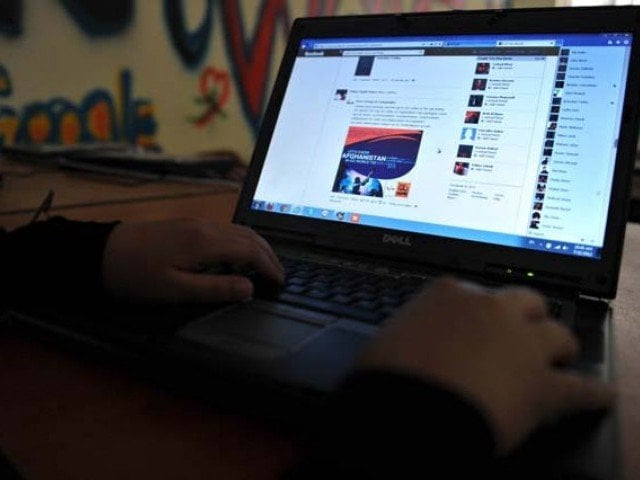Facebook 'could affect the brain in similar way to cocaine'
Technology-related addictions have neural features similar to substance and gambling craze, finds new study

Addictions related to technology have neural features similar to substance and gambling addictions. PHOTO: AFP
Under the research, as many as 20 undergraduates filled a questionnaire assessing ‘addiction-like’ symptoms related to the social networking site.
These symptoms included anxiety, withdrawal and conflict in connection with the website, said a study published in Psychological Reports: Disability and Trauma.
Facebook launches new Suicide Prevention tool
The students were subsequently shown images and were required to press, or not press a button, while researches monitored their brain activity.
It appeared students who pushed a button as they responded to Facebook-related images were the ones who also scored highly in the addiction-like symptoms test.
Facebook envy could be harming your well-being
Thus, the study found addictions that were technology-related shared neural features with gambling and substance addictions.
According to the study, brain imaging revealed that Facebook-related images activated brain regions involved in compulsive behaviour. Strikingly, these brain patters were found to have been similar to people addicted to cocaine.
The article first appeared on The Independent



















COMMENTS
Comments are moderated and generally will be posted if they are on-topic and not abusive.
For more information, please see our Comments FAQ